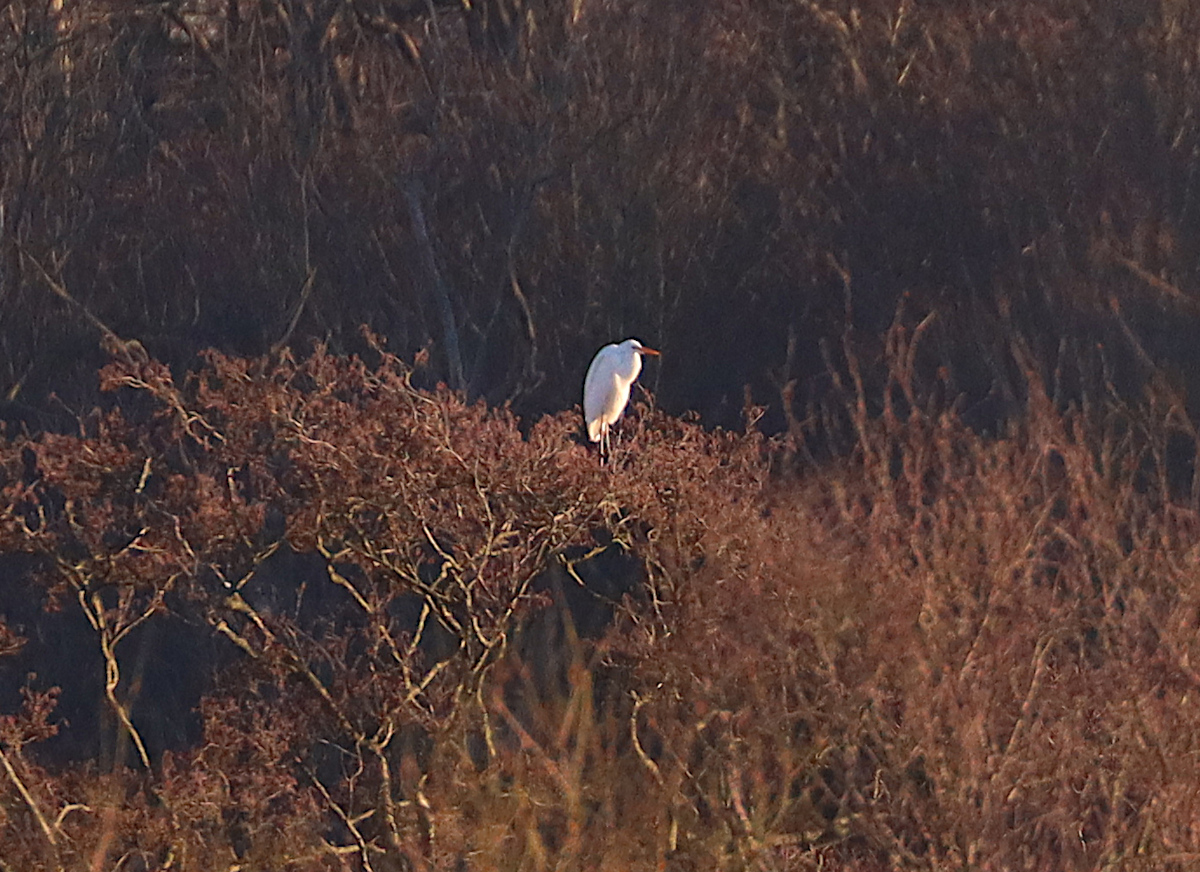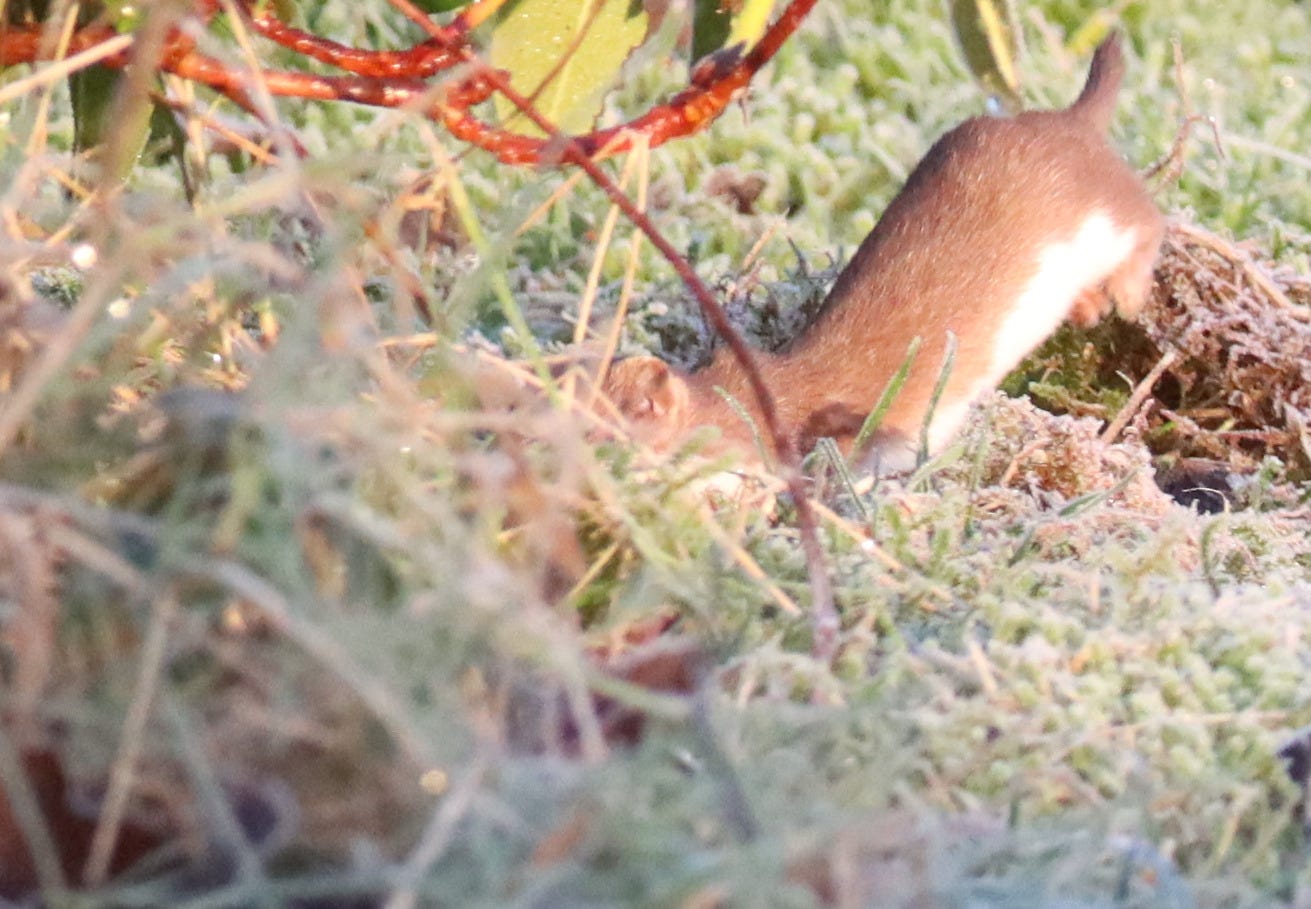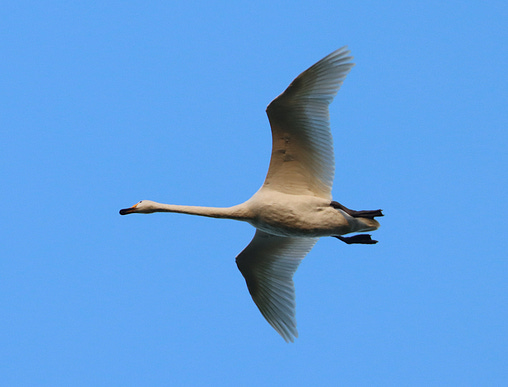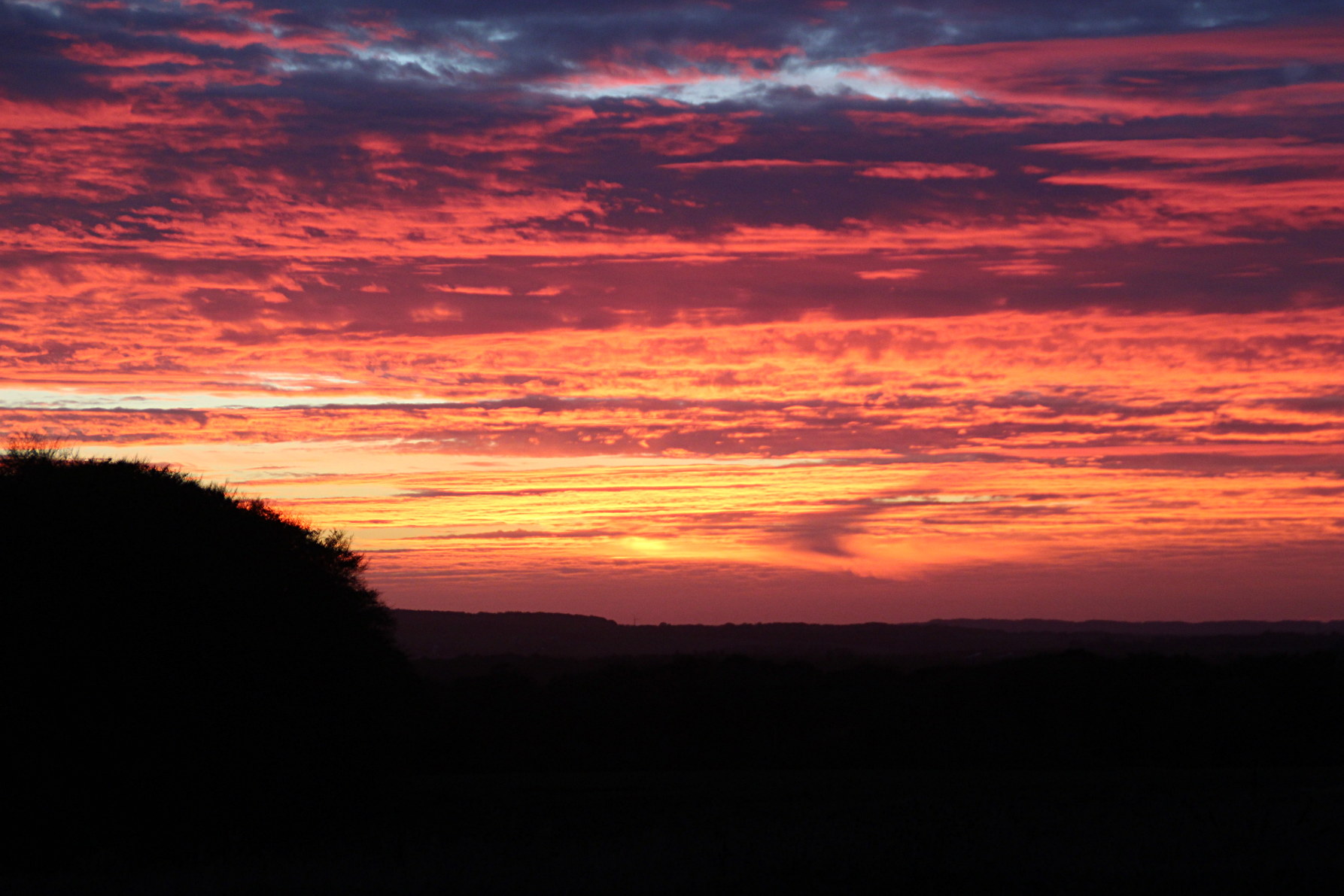Now that a half-warm winter with fog and the occasional rain is ruling this week, I took the time to once more make a plan for the immediate future.
As I enjoy writing these blogposts, I try to add writing them to my weekly plan. Time is rather limited with family, work, a house and a garden. But I do have possibilities as long as I pay attention to how I spent my days, and why.
I made an effort this week to sketch out my plans for 2025 (and beyond?), drawing on my many attempts from the previous many years of doing the same. The older I get, the more realistic I might become, so if I just keep trying I should do it right at some point.
In 2025, I’d like to concentrate on these blogposts, on totally rebuilding my homepage and at the same time keeping more or less the same birding- and nature activities as the last few years.
There is often a feeling of slight frustration during the year, as it is hard to keep up with all the pictures, lists, discoveries, plans, new species and other good finds. Especially during the long summer days, where it is very tempting to go birding and looking for insects more than once a day. I plan to work with my observations and pictures and the such during this time, but new things come rolling in, pushing my good intentions away.
To increase my overview of the amount of data, ideas and experiences, and to plan with them to the best of my abilities and time available, I decided to organise all the tabs of my browser (by turning them into bookmarks) and order and clean my todoist, by implementing the so-called Eisenhower Matrix. This should order my to-do’s according to the plans and priorities I just made for myself.
Because the best way to use the time I have is to be prepared for it. Planning the next day in the evening saves a lot of time, and having a list of tasks that is well pruned and ready will, hopefully, do wonders.
I opted for a simple priority-system where, for example, priority 1 is for the important and urgent tasks. As long as I review this system regularly, this should help me to get started as soon as I have a possibility.
Let’s hope it works well for me.
Luckily, there was also an opportunity this week to go for a short trip with my daughter to an area along the motorway that is kept rather wet and relatively untouched to preserve the archaeological findings in the ground. We walked and chatted about nature, admiring the surroundings and stamping on the ice on the puddles. And we even saw a few birds, like the one Great Egret that landed in the top of a tree.
It was a wonderful and revitalising walk.
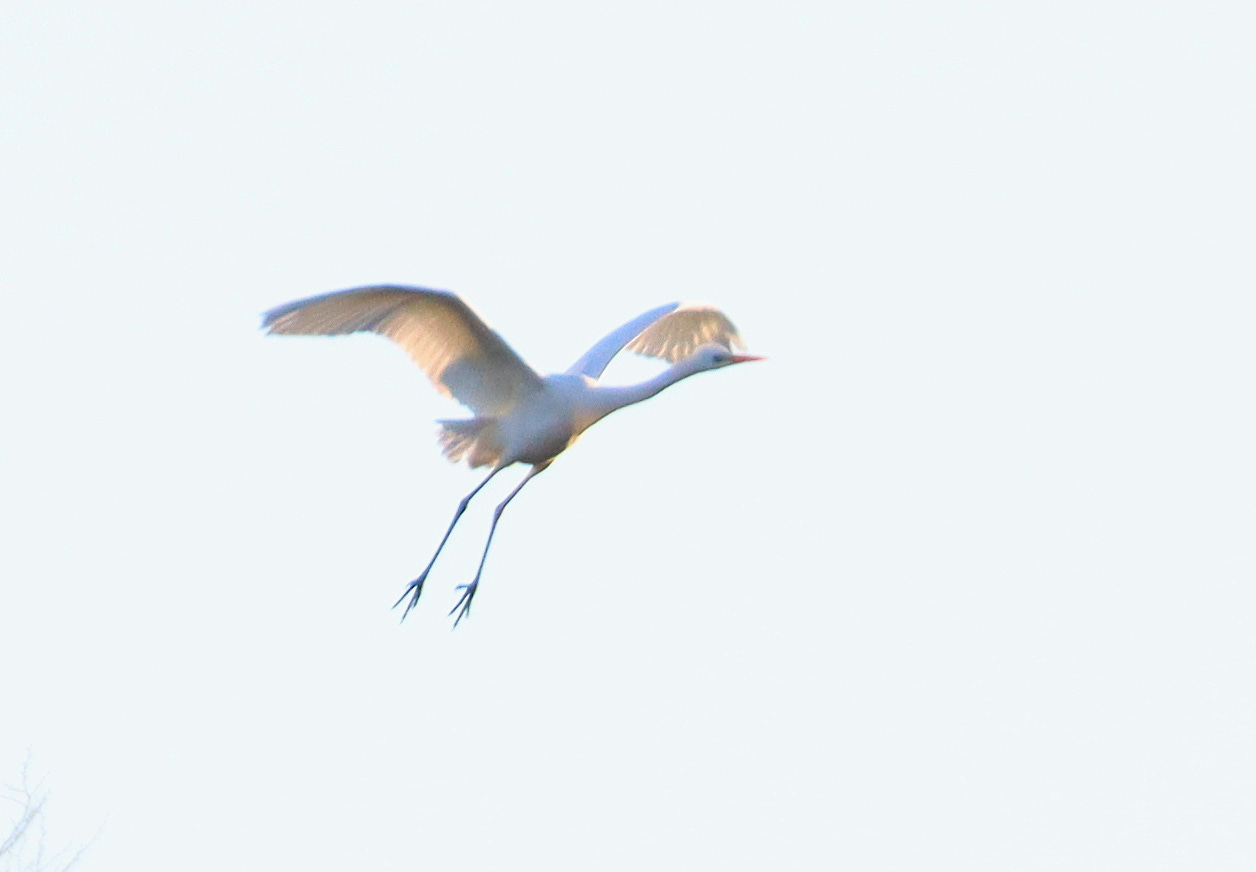
The garden birding mainly produces large groups of common birds. This week I counted groups of in total 520 Wood Pigeons, and a group of about 350 Rook and 150 Jackdaws flying over. The noise is wonderful, and as so often, I was so thrilled by it that I almost forgot to count them again.
